Advocacy
Collective action in driving meaningful change

Collective action in driving meaningful change
IDF advocacy activities demonstrate the power of collective action in driving meaningful change for diabetes care and prevention.
Working closely with our Members, we are raising awareness, shaping the global health agenda and influencing policies on public health measures to tackle the growing prevalence of diabetes worldwide.
Partnering for better diabetes outcomes
Our projects and activities are the cornerstones of our advocacy actions. We aim to improve global access to diabetes care and promote diabetes prevention through targeted advocacy campaigns. To achieve this, we partner with expert UN agencies, leading international organisations, diabetes advocates and other key stakeholders.
By galvanising stakeholders in our advocacy actions, we can change the lives of people with diabetes and prevent the rise of type 2 diabetes.


IDF has an extensive network of advocates and supporters who are key to the success of our campaigns and activities. The IDF Advocacy Academy was established to provide educational opportunities to build the advocacy capacity of our network of Blue Circle Voices and Young Leaders in Diabetes.
Learn more and meet our advocates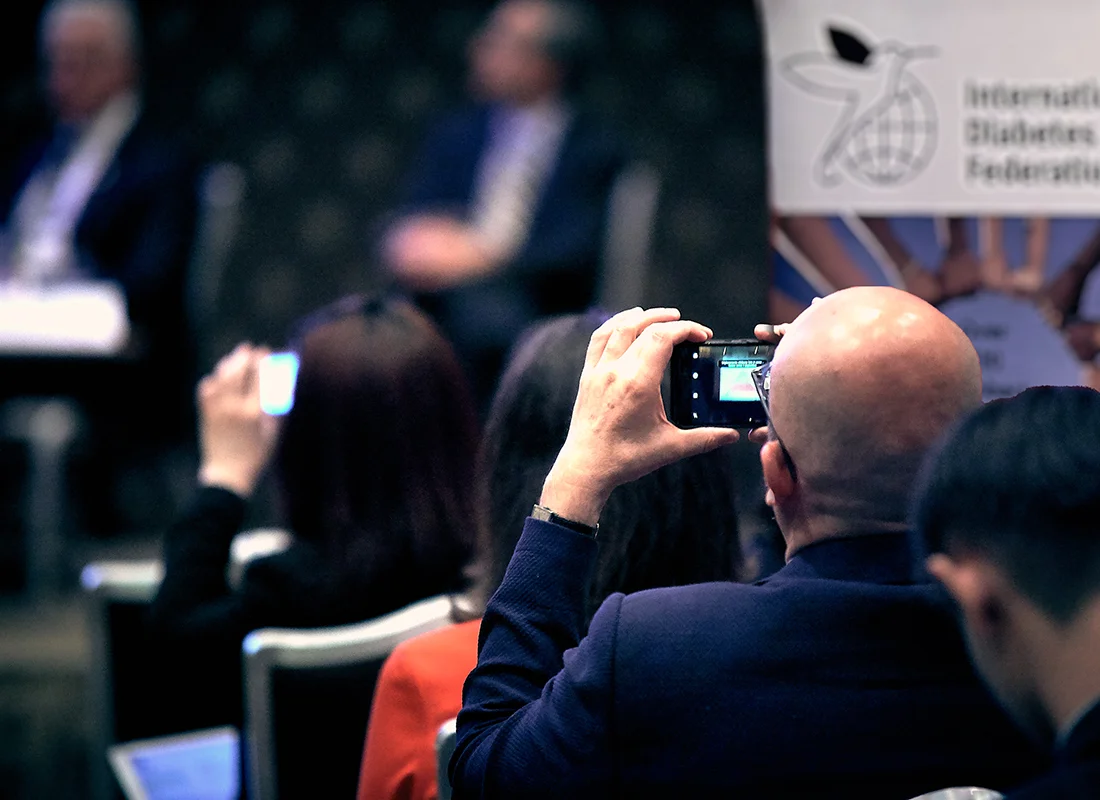

IDF advocacy events address diabetes-related challenges and are an opportunity to advocate for policies to improve the lives of people with diabetes and prevent the condition in those at risk.
Our advocacy team hosts an exciting range of in-person and online events, including workshops, webinars and bespoke masterclasses.
IDF has hosted and co-hosted advocacy webinars on diabetes education, policymaker engagement, messaging and strategies and universal health care (UHC).
Advocacy webinars

Launched in 2013, the Kids and Diabetes in School (KiDS) programme promotes a safe and supportive school environment for children with diabetes.
Why starting early matters
Starting early with diabetes education in schools and promoting healthy lifestyles can be a stepping-stone toward a diabetes-free future. Likewise, educating young people about diabetes removes misconceptions and stigma that children with diabetes face in school and leads to understanding and acceptance.
IDF advocates for the implementation of education programmes on diabetes and healthy habits in schools across the world.
Learn more about KiDS
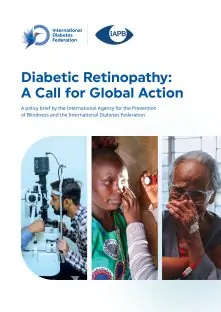
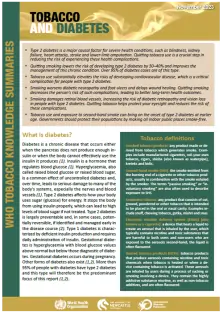
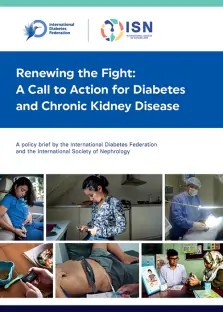
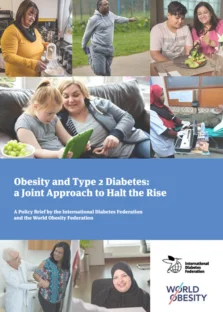
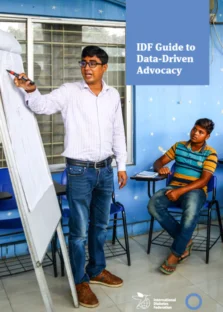
If would like to reproduce content from an IDF advocacy resource, please complete our online form.
IDF has been instrumental in putting diabetes on the global agenda, raising awareness about the condition and advocating for policies supporting people with diabetes.

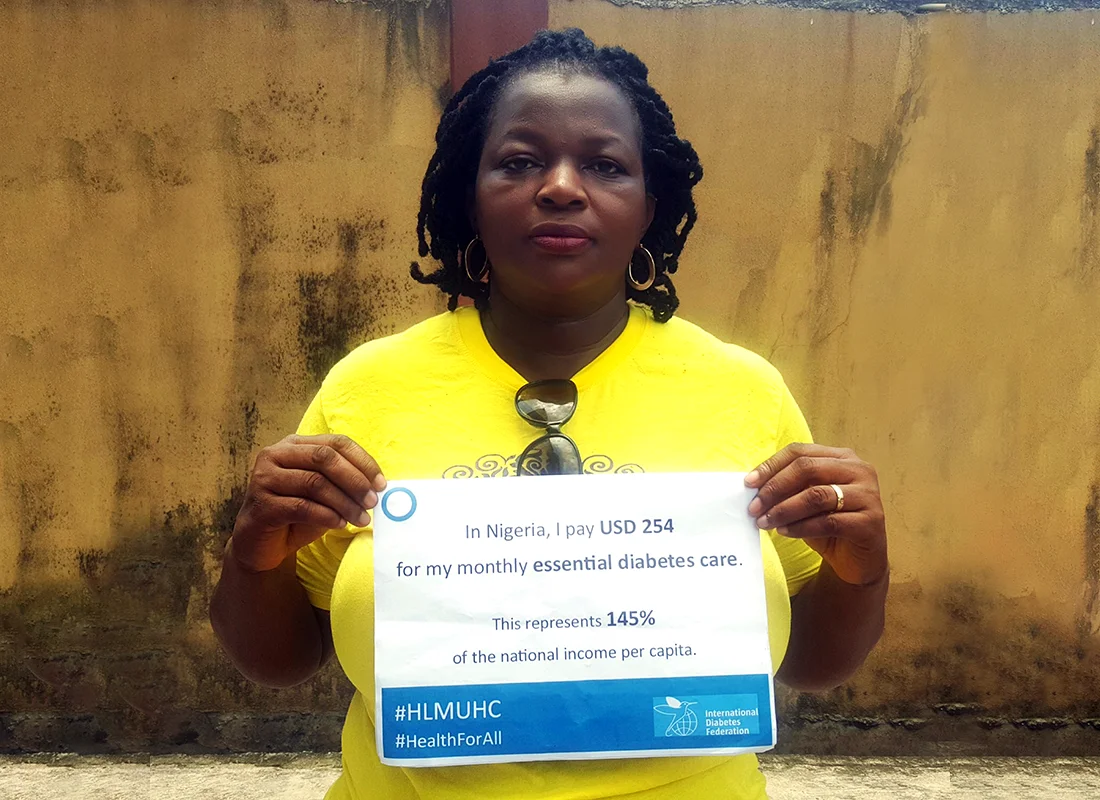
Notifications